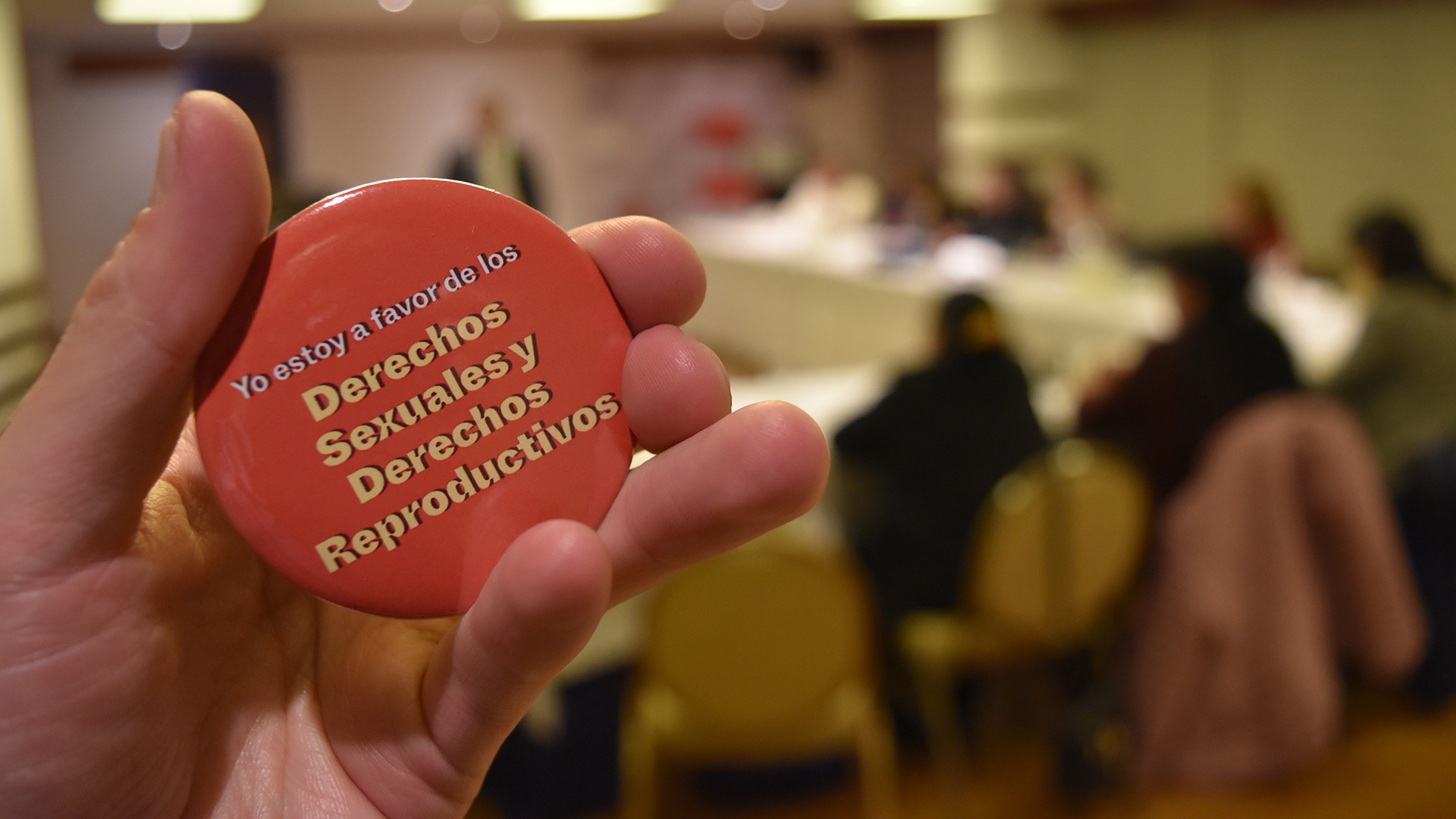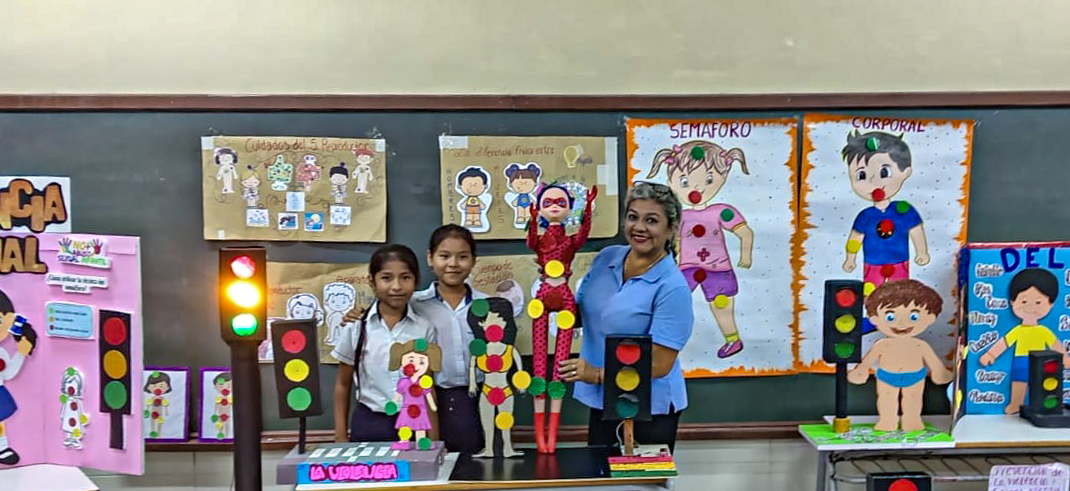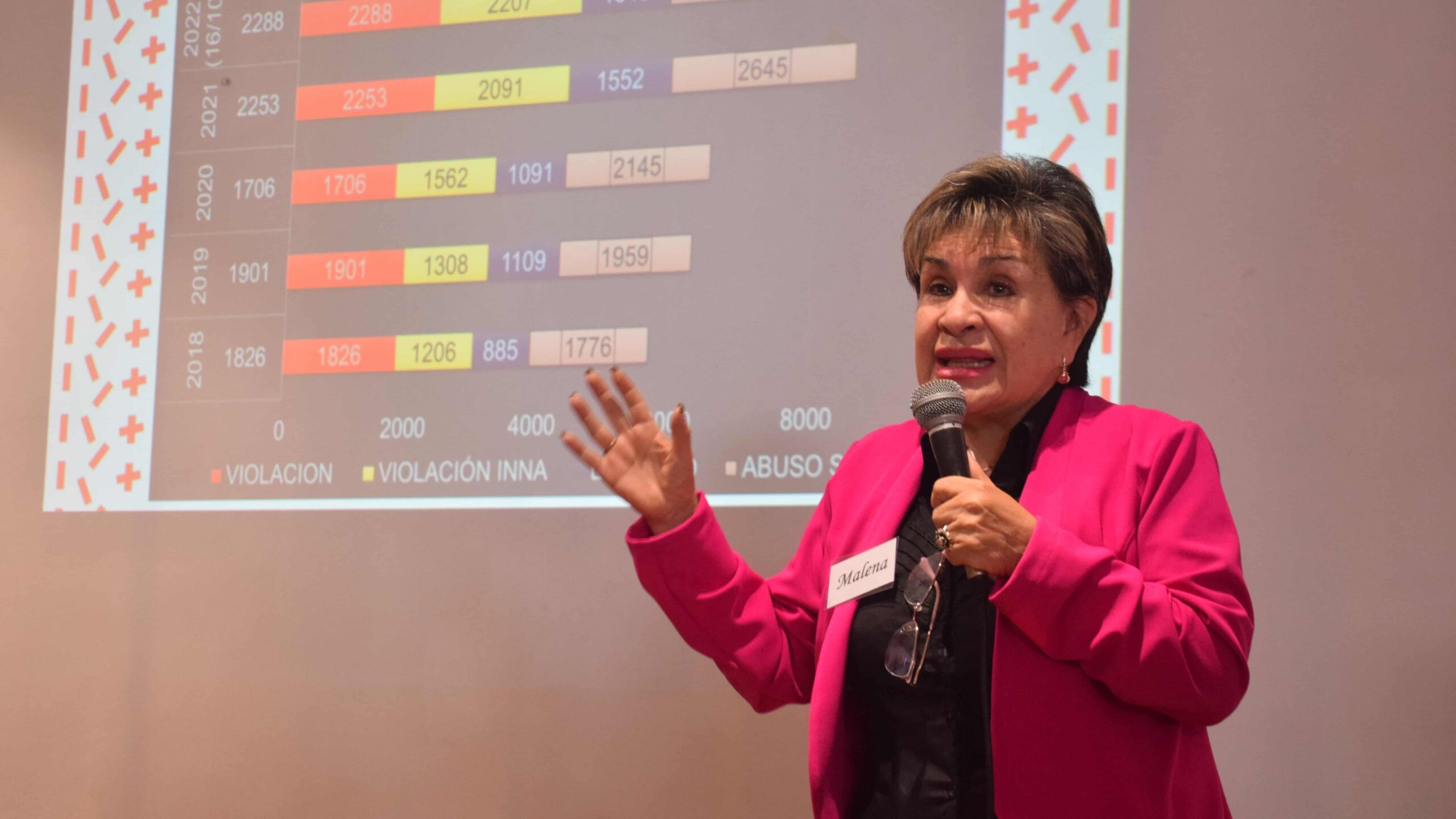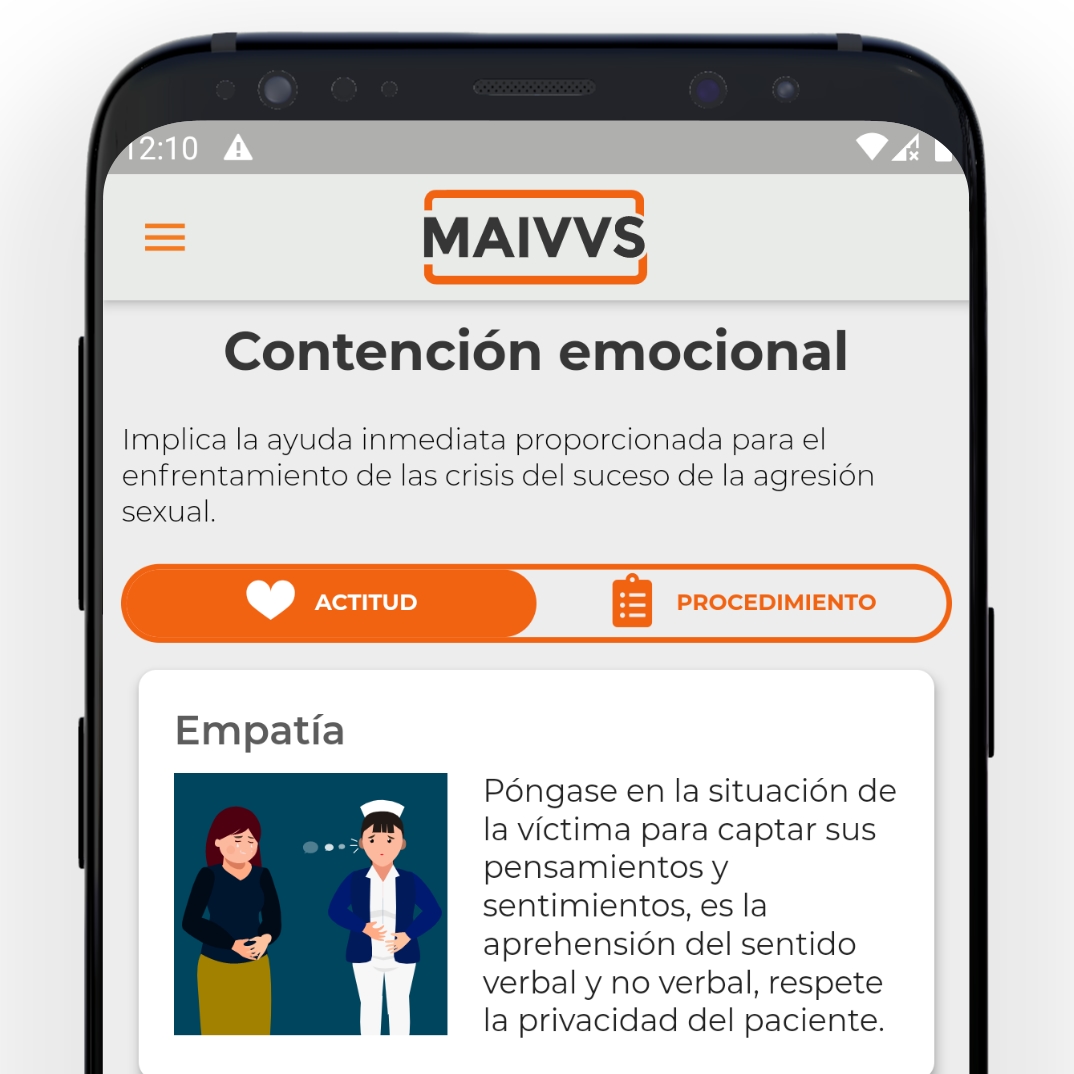In 2022 Brazil recorded the highest number of rape cases in its history: 74,930, according to a recent report from Brazilian Public Safety Forum. In more than 60% of the cases, the survivors were under 14 years of age. In many cases, the aggressor was a relative or acquaintance. The report also notes that the actual number of survivors could be higher, as the data are based on complaints filed with the authorities and many survivors face obstacles in reporting abuse.
The study correctly points out the “importance of the school as a space for the protection of children”. Samira Bueno, executive director of the Forum, noted that survivors “often cannot recognize that they are experiencing sexual violence” until they receive sex education and have the opportunity to discuss these issues with a teacher.
The studies indicate . that age-appropriate sex education can help prevent gender-based violence and discrimination, and increase positive attitudes towards gender equality and confidence among students. Brazilian experts in sex education have been working for years defending this argument. Schools must be prepared to address sex education and know how to deal with allegations of sexual violence with trauma-sensitive assistance.
However, instead of reinforcing sex education in schools, conservative legislators throughout Brazil have attempted to ban sex education, using tactics such as misinformation to weaponize the issue for political purposes.
In 2022, Human Rights Watch published a report in which it analyzed more than 200 federal, state and municipal bills and laws introduced since 2014 aimed at banning sex and gender education in schools. The report also described how teachers who discuss these topics in the classroom are persecuted.
More than 80 education and human rights organizations have published an manual to protect teachers against such censorship. The Brazilian judiciary has also served as an important check on regressive laws. In 2020, the Supreme Court issued landmark rulings overturning eight state and municipal laws banning sex and gender education, finding that the bans violated the rights to equality, non-discrimination and education. While these rulings uphold that sex education is mandatory in Brazil, conservative lawmakers continue to pass similar bans, including one this month.
Brazilian authorities must stop politicizing sex and gender education and ensure that all children and young people have access to the age-appropriate education they need to lead healthy and safe lives. By strengthening sex education, Brazil could raise awareness, reduce sexual violence and provide better support to survivors.















